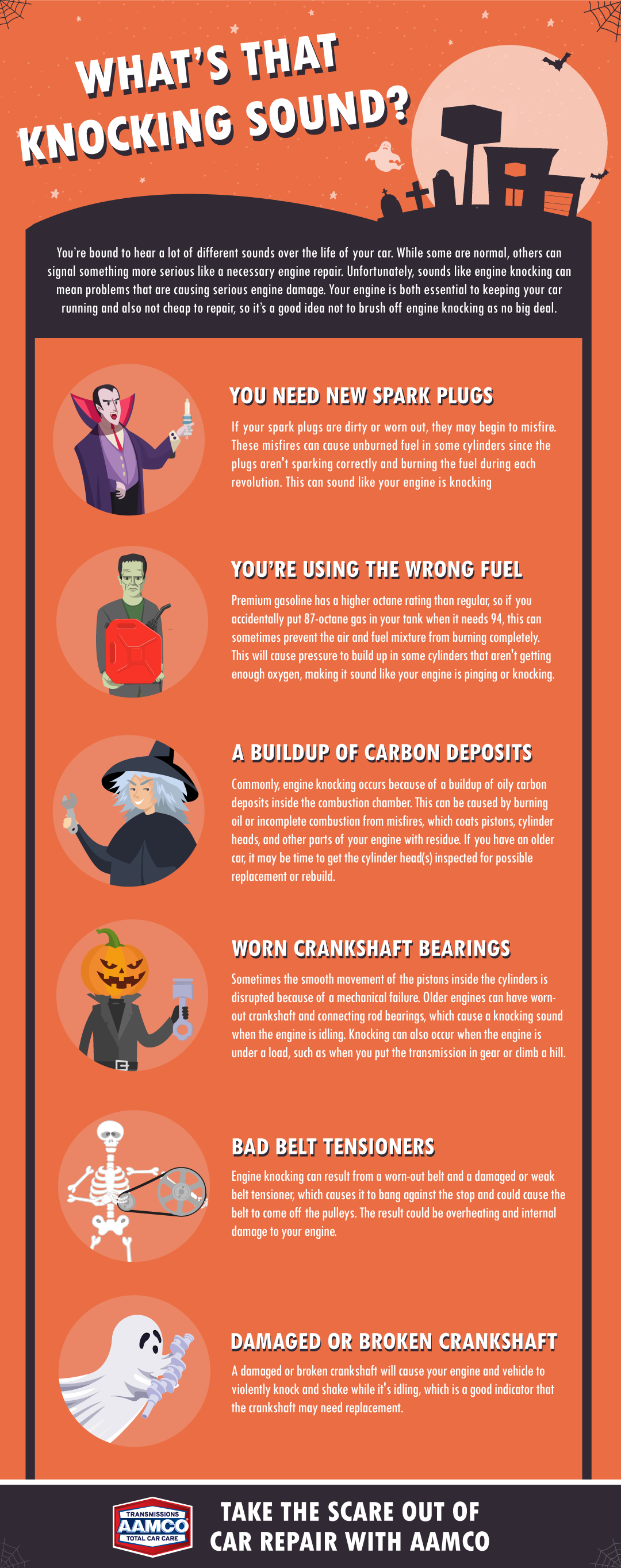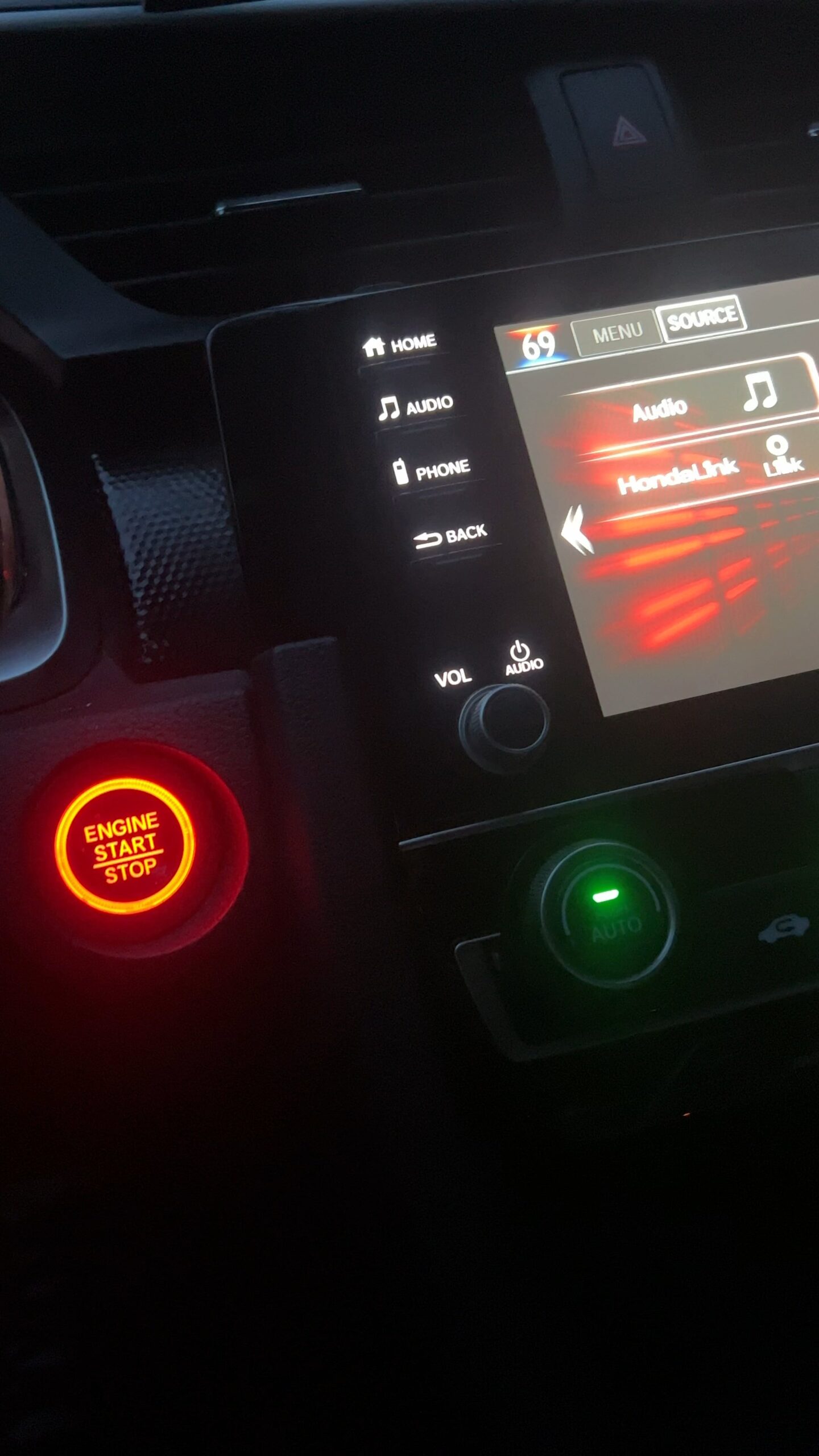Hearing a knocking sound after turning off your car engine can be alarming. This noise often signals an issue that needs attention.
Many car owners experience this puzzling sound at some point. It’s crucial to understand what might be causing it. Various factors can lead to this knocking sound, and identifying the root cause is essential. In this post, we will explore the common reasons behind this noise.
We will also discuss the steps you can take to address it. Whether it’s a minor fix or a sign of something more serious, knowing what to look for can save you time and money. So, let’s dive into the possible reasons and solutions for that unsettling engine noise.
Engine Components And Their Functions
The engine has many parts. Each part has a job. The pistons move up and down. They help to turn the engine. The crankshaft turns the pistons’ movement into power. The valves control the flow of fuel. They also control the flow of air.
The spark plugs create a spark. This spark ignites the fuel. The timing belt keeps everything in sync. The cooling system prevents the engine from overheating. Each part works together. This teamwork makes the engine run smoothly.
Pistons and crankshaft make the engine move. Valves and spark plugs control the fuel. Timing belt keeps parts in sync. Cooling system stops overheating. Each part is crucial. Without one, the engine fails.

Credit: www.youtube.com
Understanding Knocking Sounds
Knocking sounds are often loud and irregular. They can be startling. These sounds may come from the engine bay or under the car. The noise might be metallic or thudding. It often depends on the source of the problem. Some people describe it as a pinging noise.
Usually, knocking sounds occur right after turning the engine off. The sound may last for a few seconds or minutes. Sometimes, it fades away quickly. Other times, it can linger. Paying attention to the timing of the noise can help. It can give clues about the cause. The car might be cooling down or parts might be settling. Knowing when the sound occurs can assist in diagnosing the issue.
Potential Causes
Knocking sounds can be due to component wear. Parts inside the engine get old. They wear out with time. Worn parts can cause noise. A mechanic should check them. Replace worn parts to fix the issue.
Bad fuel can cause knocking sounds. Low-quality fuel may damage the engine. Check if you are using good fuel. Clean the fuel system. It helps reduce noise. Use a fuel additive. It can clean the engine parts.

Credit: www.reddit.com
Diagnosing Knocking Sounds
A knocking sound after turning off the engine can be worrying. It’s important to diagnose it properly. The noise could come from various parts of the car. Start by checking the engine bay. Look for loose or damaged parts. The exhaust system is another common source of knocking sounds. Inspect it for any issues.
Transmission problems can also cause knocking sounds. Listen carefully to identify the exact source. Be systematic in your approach. Checking one part at a time makes it easier to find the problem. Keep safety in mind. Always work on a cool engine to avoid burns.
Tools Needed
| Tool | Purpose |
|---|---|
| Wrench Set | To tighten or loosen bolts |
| Flashlight | To inspect dark areas |
| Mechanic’s Stethoscope | To pinpoint the noise |
| Jack and Stands | To lift the car safely |
Solutions And Repairs
Check the engine oil level. Sometimes low oil can cause knocking. Add more oil if needed. Inspect the spark plugs. Dirty or worn spark plugs can create noise. Replace them if they look bad. Look at the coolant level. Low coolant can make the engine knock. Top it up if necessary. Make sure the exhaust system is not loose. Tighten any loose parts. Listen to the belts. A worn belt can knock. Replace it if you hear noise.
If DIY fixes do not work, call a mechanic. They can check for serious issues. Mechanics have tools to find the problem. They can inspect the engine mounts. Worn mounts can cause knocking. They can also check the timing chain. A loose chain can make noise. Mechanics can look at the fuel system. Bad fuel injectors can knock. They can find and fix the issue quickly.

Credit: www.aamcoblog.com
Preventative Measures
Regular maintenance keeps your car running smoothly. Check your engine oil often. Replace it when needed. Clean or replace air filters. Dirty air filters affect engine performance. Inspect spark plugs. Replace them if worn. Check coolant levels. Low coolant can cause engine noise. Examine belts and hoses. Replace them if they show wear. Regular maintenance prevents many problems.
Use high-quality fuel. Poor fuel causes knocking sounds. Avoid cheap gas stations. They may sell low-quality fuel. Check your fuel filter. Replace it if dirty. Add fuel additives. They clean the engine and improve performance. Good fuel quality keeps your engine healthy.
Cost Implications
A knocking sound after turning off the engine can lead to costly repairs. Ignoring this issue might result in further damage, increasing expenses. Regular maintenance can help prevent such problems and save money.
Repair Costs
Repairing the knocking sound can be costly. Parts and labor fees add up. Mechanic fees vary by location. Parts can be expensive. Some issues are simple to fix. Others need more work. Engine problems can cost more. Transmission issues also add to the cost. Always get a quote first. Compare prices at different shops. This helps save money.
Preventative Costs
Preventive care can save money. Regular maintenance reduces repair costs. Oil changes and tune-ups keep your car running well. Check fluids often. Replace worn parts before they break. This stops larger issues. Inspections catch problems early. This saves on big repairs. Spending on small fixes helps avoid big bills. Keep a maintenance schedule. Stick to it. Your car will last longer.
When To Seek Expert Advice
A knocking sound after turning off the engine can be alarming. Persistent knocking may point to severe issues. If you hear loud noises, it might be a failing component. Strange smells or smoke are also bad signs. Trust your senses. If something feels off, it probably is.
Choose a mechanic with good reviews. Ask friends for recommendations. Look for certifications and experience. Good mechanics explain problems clearly. They also offer fair pricing. Avoid places that pressure you. Always get a second opinion if unsure.
Frequently Asked Questions
Why Does My Engine Make A Knocking Noise When I Turn It Off?
Engine knocking noise when turning off could be due to overheating or improper fuel combustion. Check coolant levels and spark plugs.
Why Does My Car Make Noise After Turning Off The Engine?
Your car may make noise after turning off the engine due to cooling components, contracting metal, or fluid circulation.
Why Is My Car Making A Clunking Noise When I Turn It Off?
Your car might make a clunking noise when turned off due to loose exhaust components, engine mounts, or suspension issues. Check for these problems to ensure safety and proper functioning.
Why Is My Car Ticking After Turning Off The Engine?
Your car ticks after turning off the engine due to cooling metal parts contracting. This is normal and not a concern.
Conclusion
Understanding the cause of engine knocking sounds is crucial. Regular maintenance can prevent serious issues. Listen to your car’s sounds carefully. Addressing minor problems early can save money. Consult a mechanic if unsure. Keep your vehicle in top shape. Stay informed and proactive.
Your car’s health depends on your vigilance. Happy driving!

